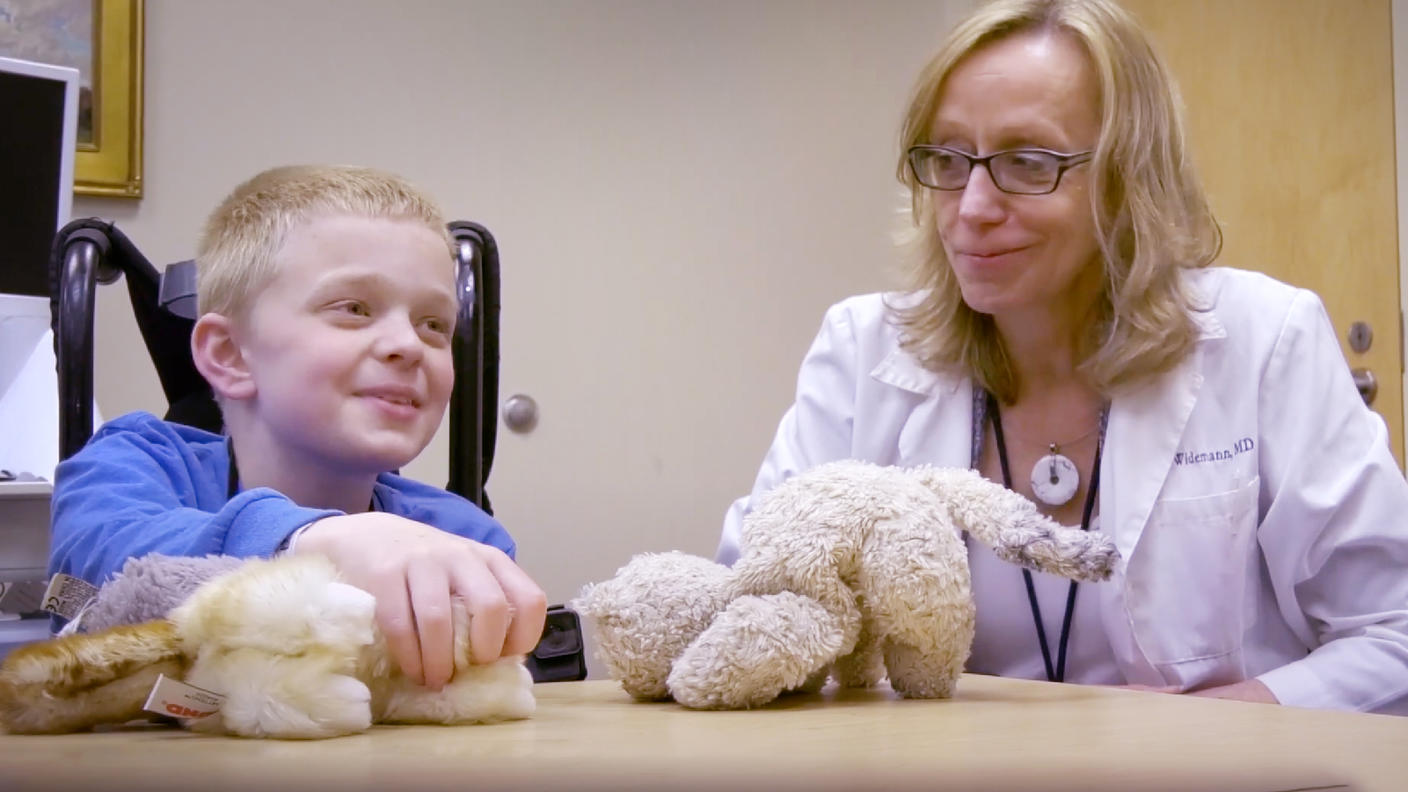Childhood Cancer Data Sharing at NCI
The people behind NCI’s childhood cancer research and data sharing efforts are committed to harnessing data in ways that will improve outcomes for all children, adolescents, and young adults with cancer. Read their stories.
Data Sharing Stories at NCI
-
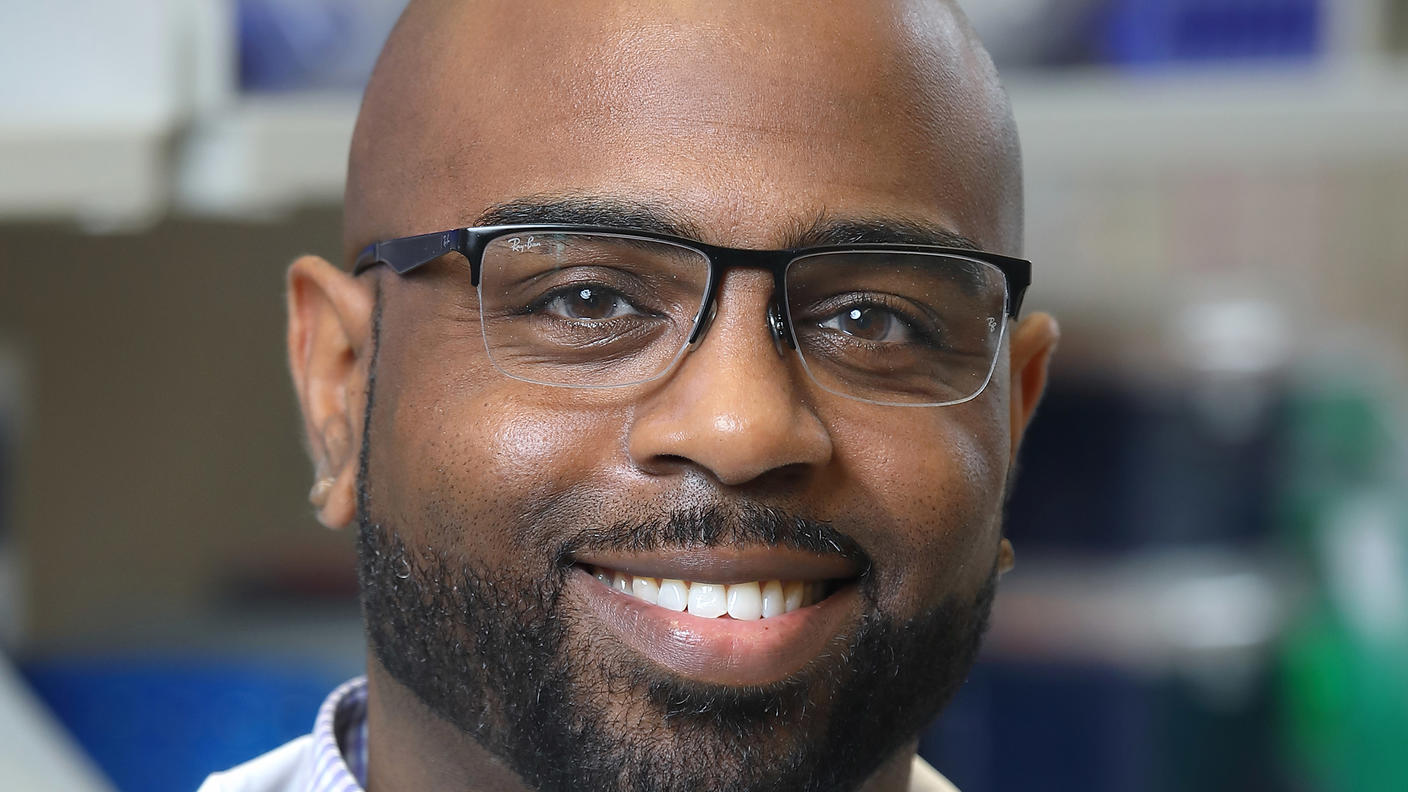 Troy McEachron
Troy McEachronTroy believes that data sharing is crucial to improving outcomes in young patients with osteosarcoma and increasing participation of underrepresented populations in clinical research.
-
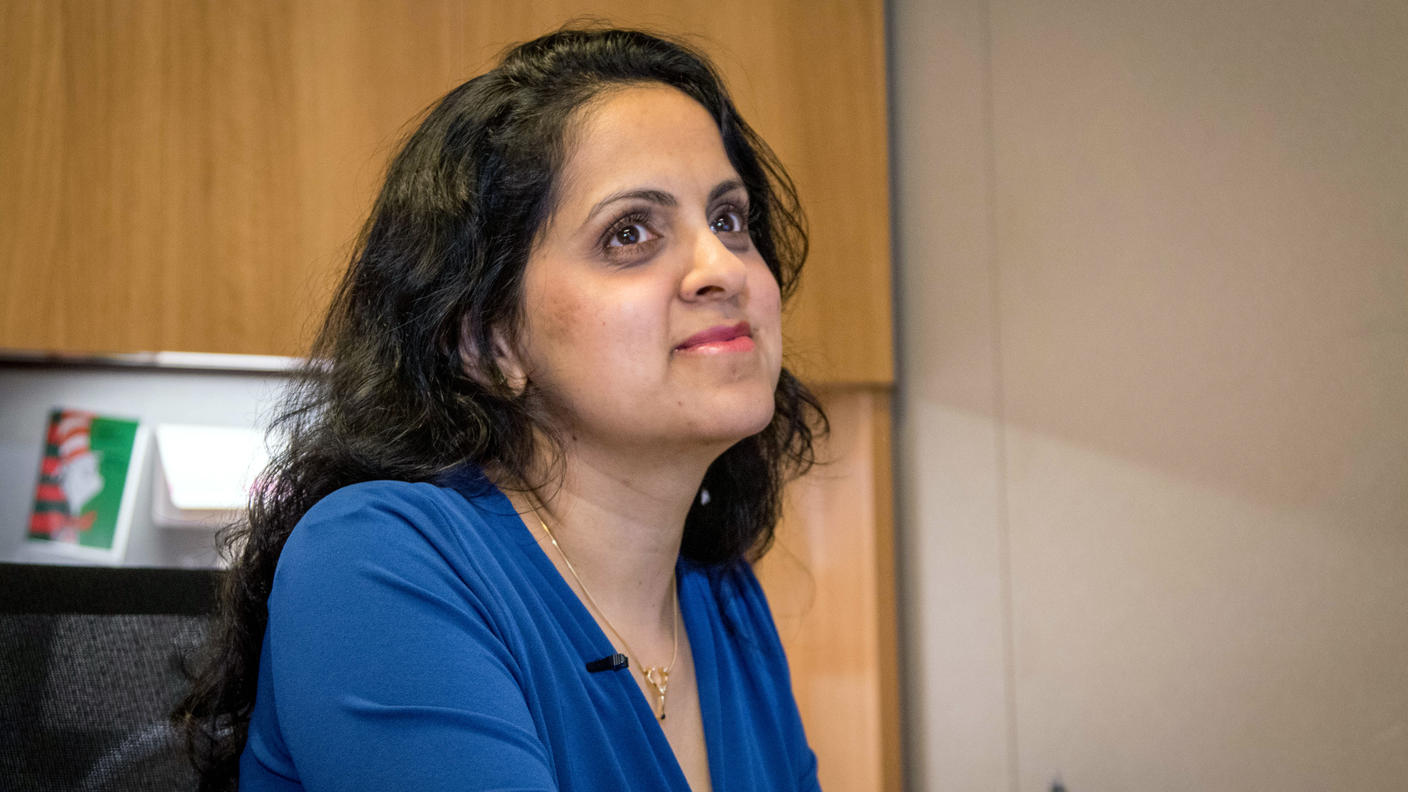 Payal Khincha
Payal KhinchaPayal’s work focuses on patients who have rare genetic cancer syndromes, particularly those affected by Li-Fraumeni syndrome.
-
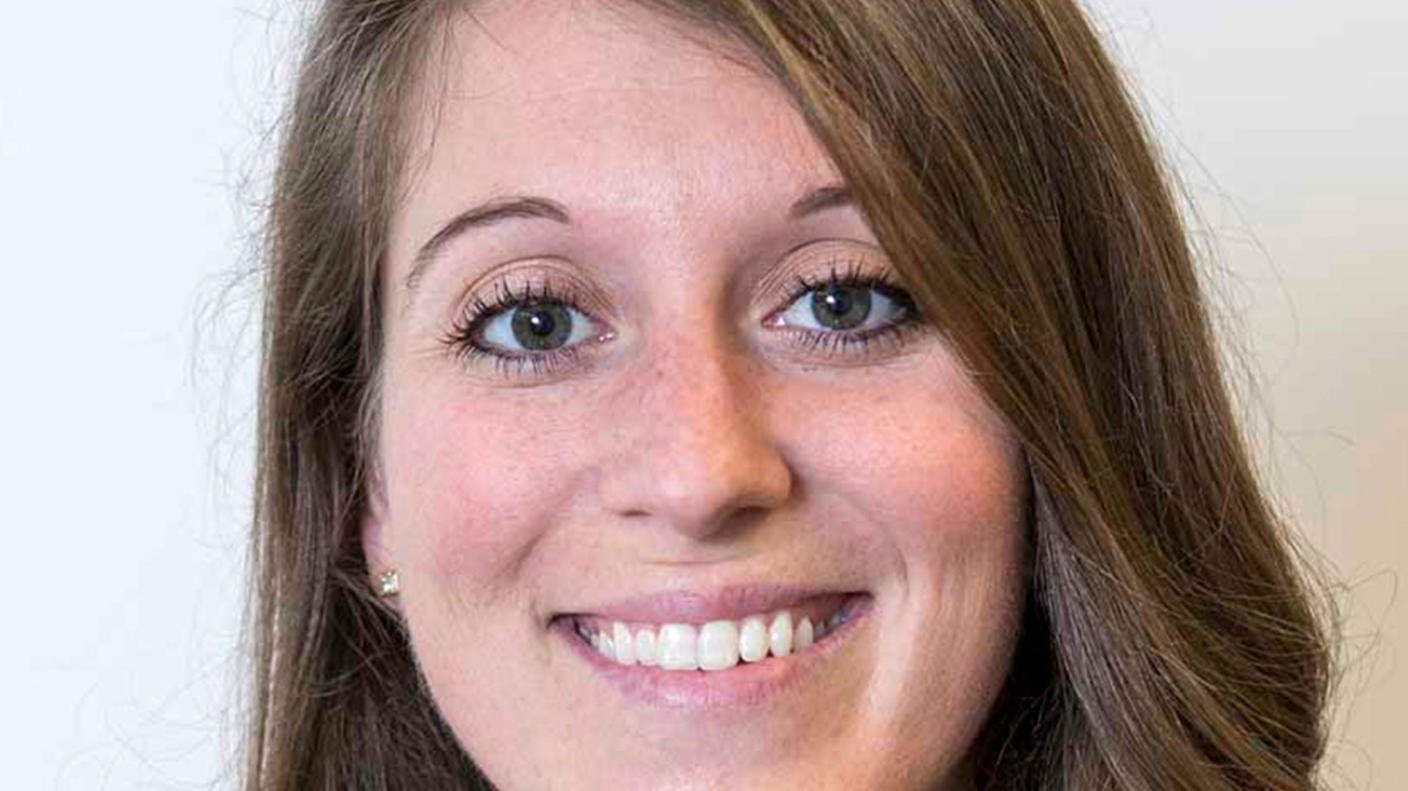 Mary Frances Wedekind
Mary Frances WedekindA collaborative spirit is critical for better understanding the rare cancers that Mary Frances studies.
Data Sharing Stories at NCI
-
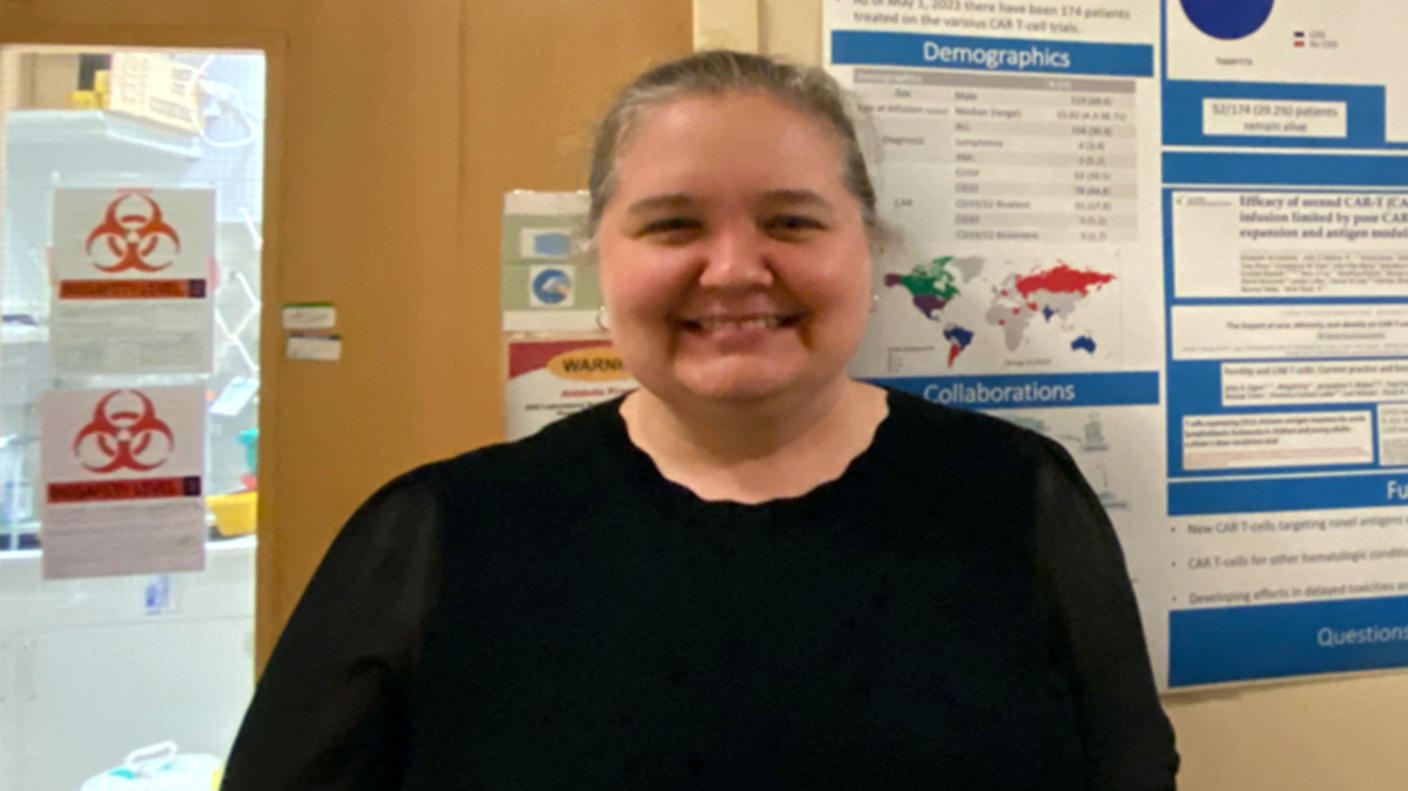 Bonnie Yates
Bonnie YatesBonnie is dedicated to advancing childhood cancer research through the CD33CART Study.
-
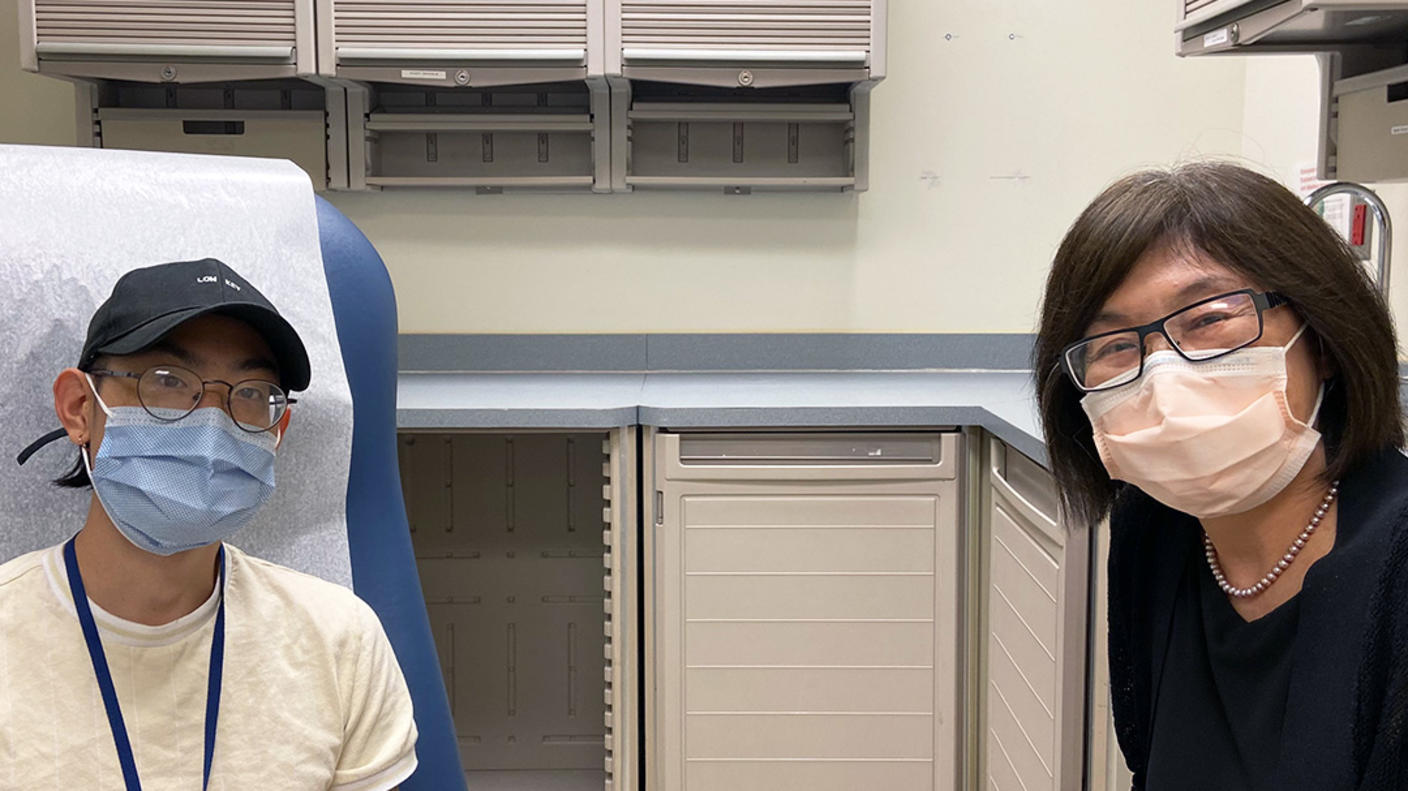 Alice Chen
Alice ChenAn NCI clinical trial headed by Alice secured the first FDA approval of a drug to treat an advanced form of sarcoma.
-
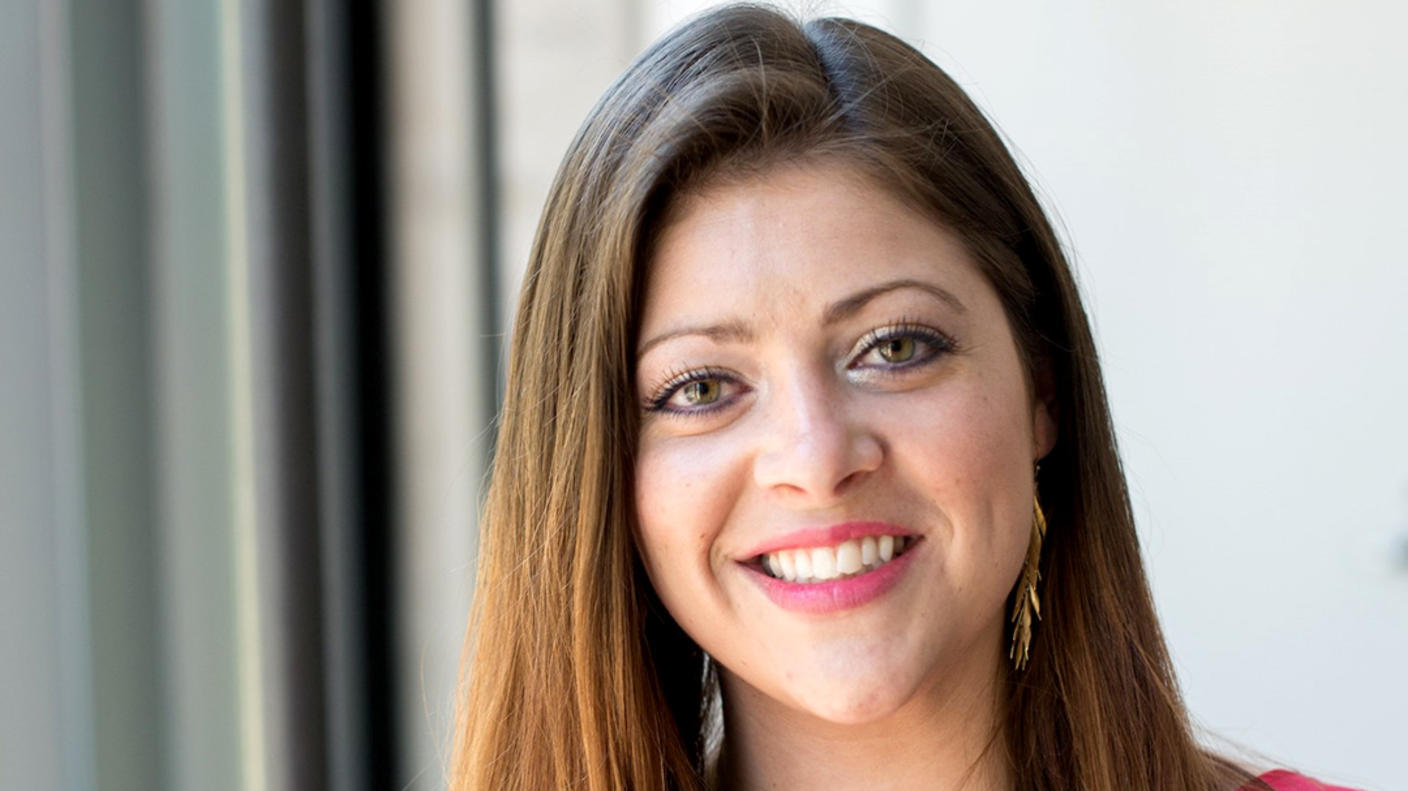 Aubrey Hubbard
Aubrey HubbardWidespread data sharing could improve Aubrey’s ability to uncover genetic changes that lead to childhood cancers.
Data Sharing Stories at NCI
-
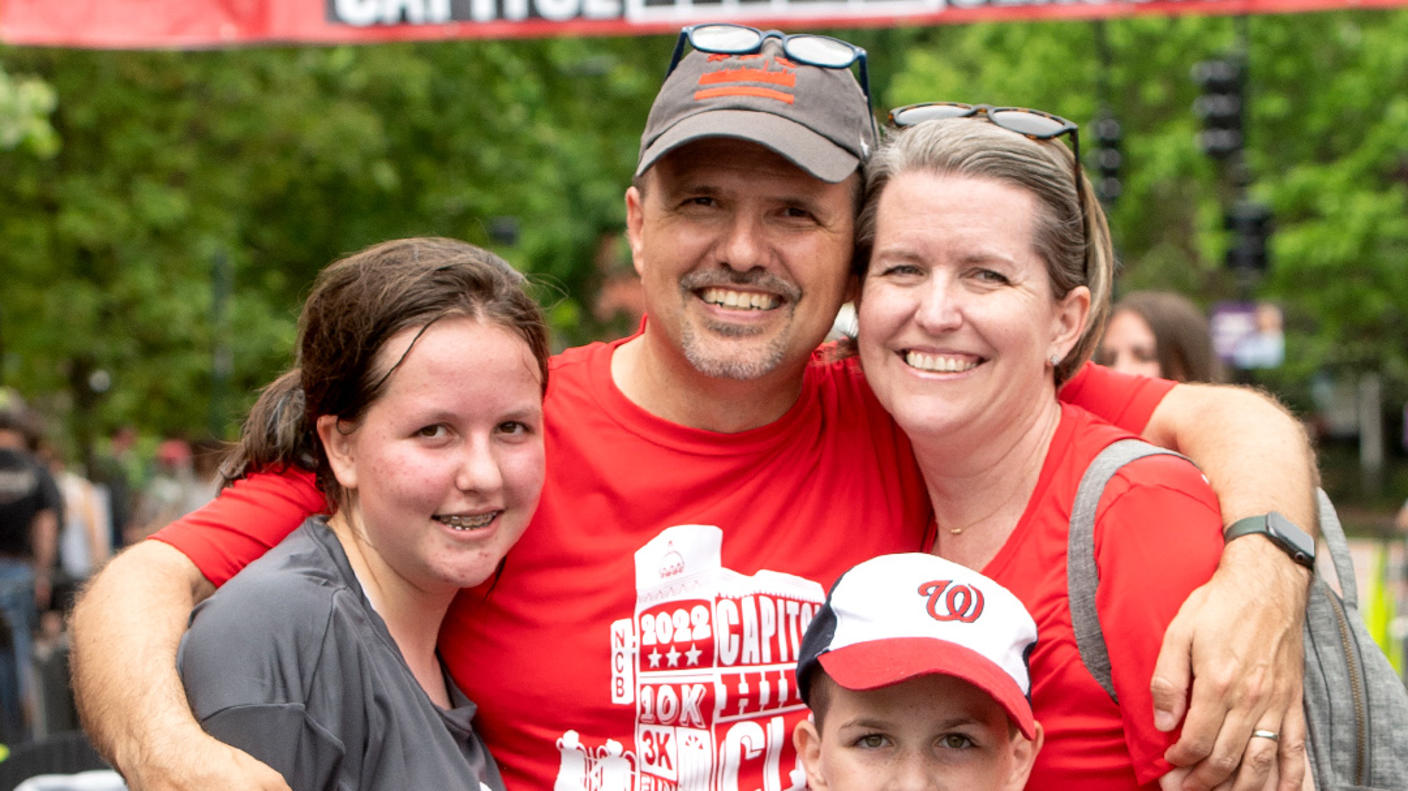 Jason Levine – Childhood Cancer Researcher
Jason Levine – Childhood Cancer ResearcherJason’s work sits at the intersection of childhood cancer care and data sharing.
-
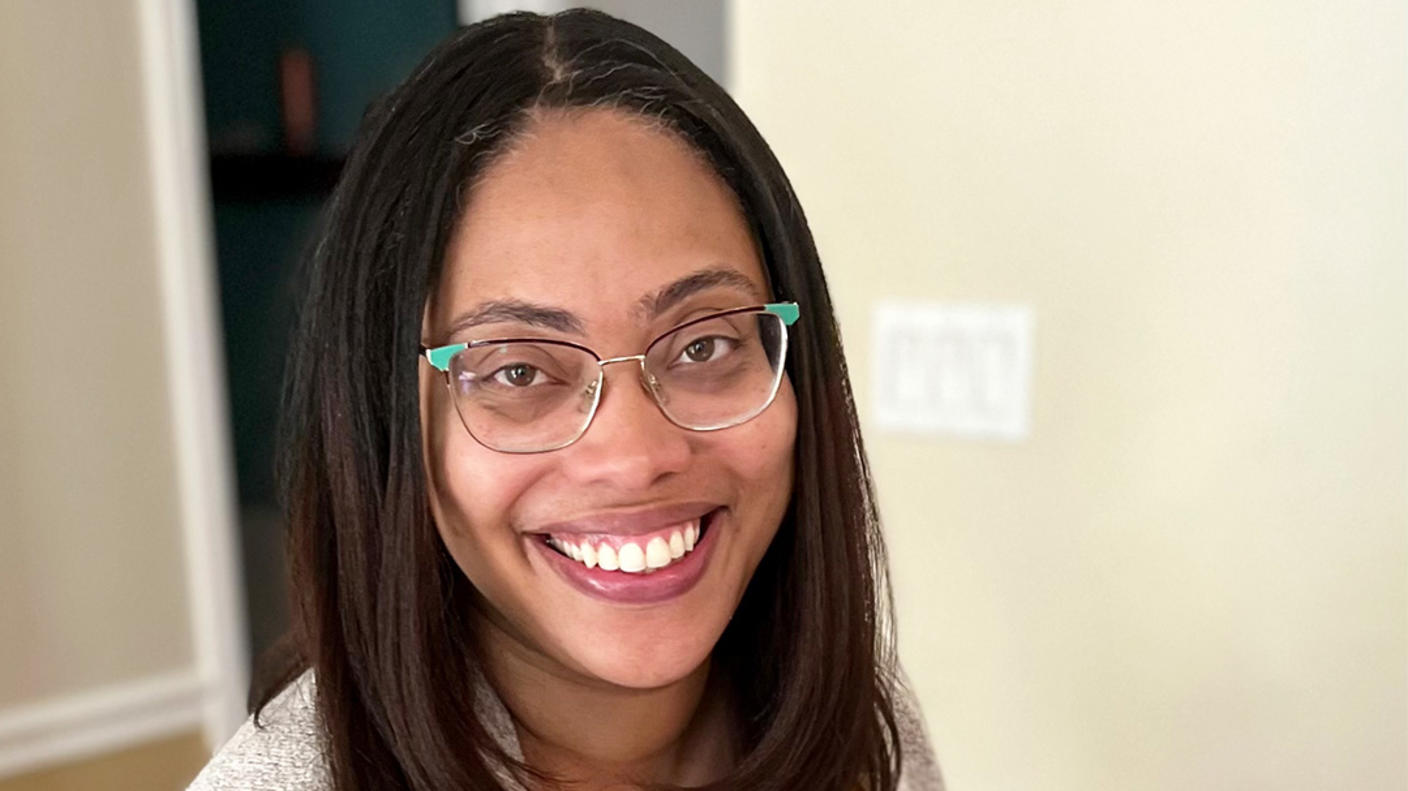 Robin Lockridge
Robin LockridgeFor Robin, the future of childhood cancer data sharing must include collaboration.
-
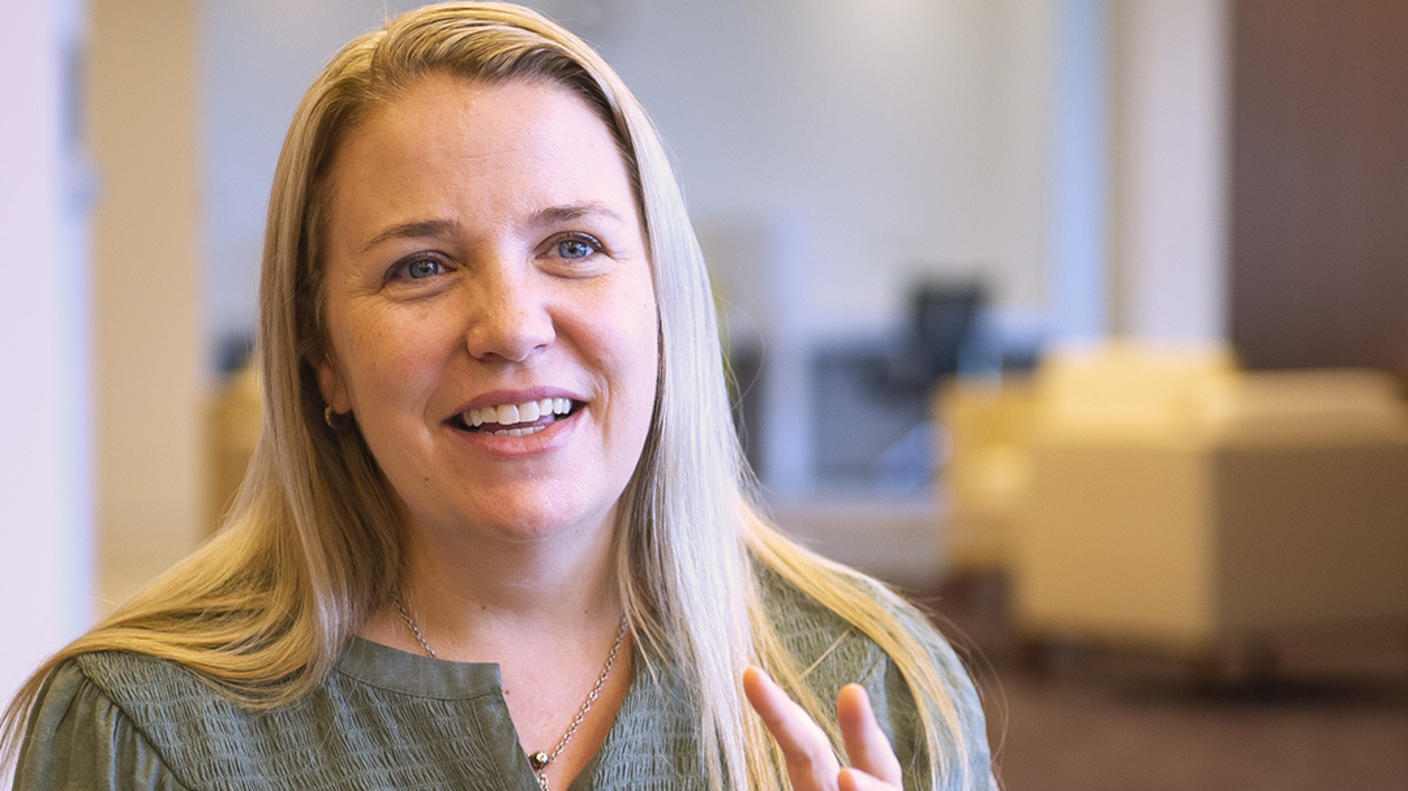 Emily Tonorezos
Emily TonorezosFor Emily and her team, CCDI could play a key role in improving childhood cancer outcomes and long-term follow-up.
Data Sharing Stories at NCI
-
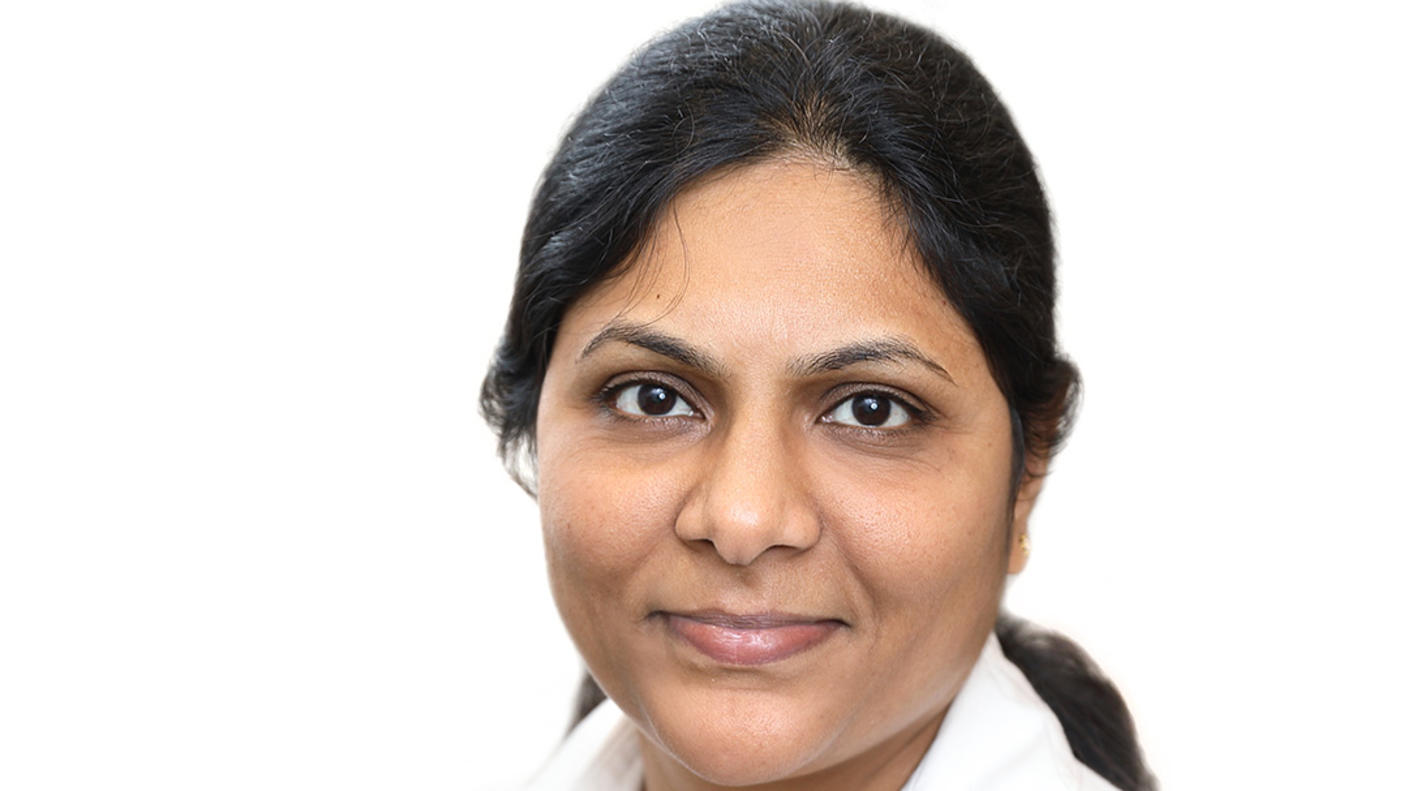 Subhashini Jagu – Scientific Policy Branch Chief
Subhashini Jagu – Scientific Policy Branch ChiefCCDI’s collaborative approach to science is important to Subhashini, who oversees data sharing and accessibility efforts at NCI.
-
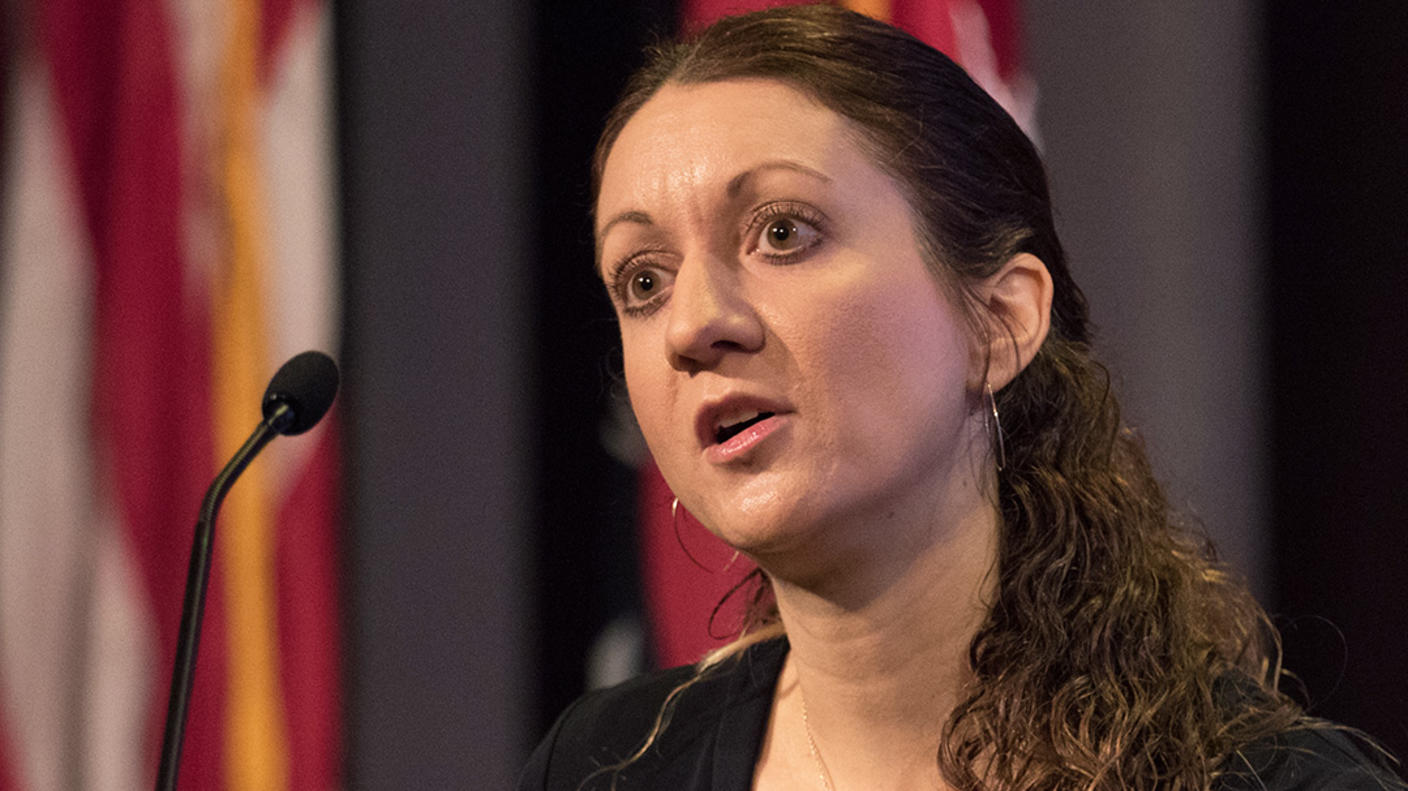 Lisa Mirabello
Lisa MirabelloAccessing large data sets is crucial for scientists like Lisa, who need them for genomic research.
-
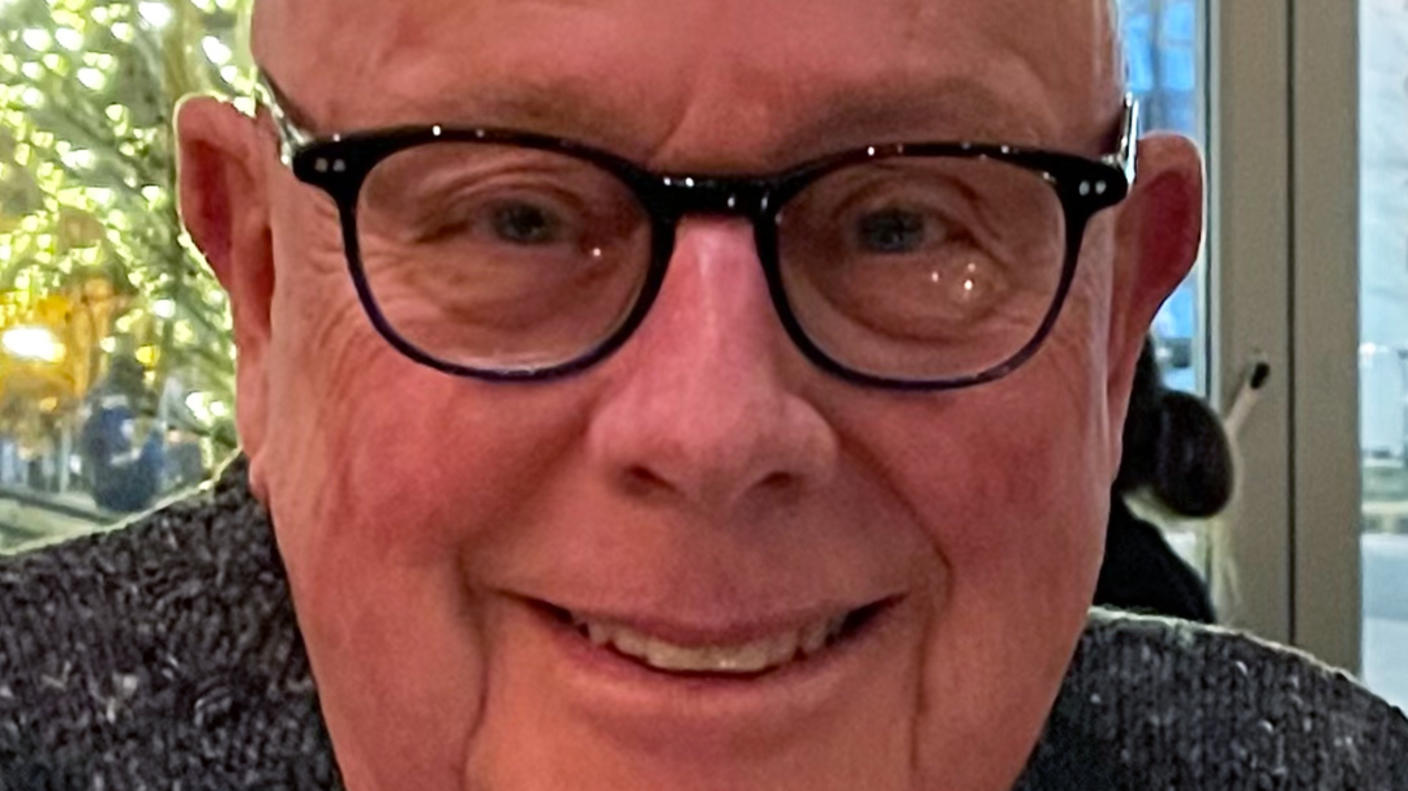 Gregory Reaman
Gregory ReamanAs CCDI’s scientific director, Greg hopes that CCDI can serve as a model for what’s achievable in cancer research.
Data Sharing Stories at NCI
-
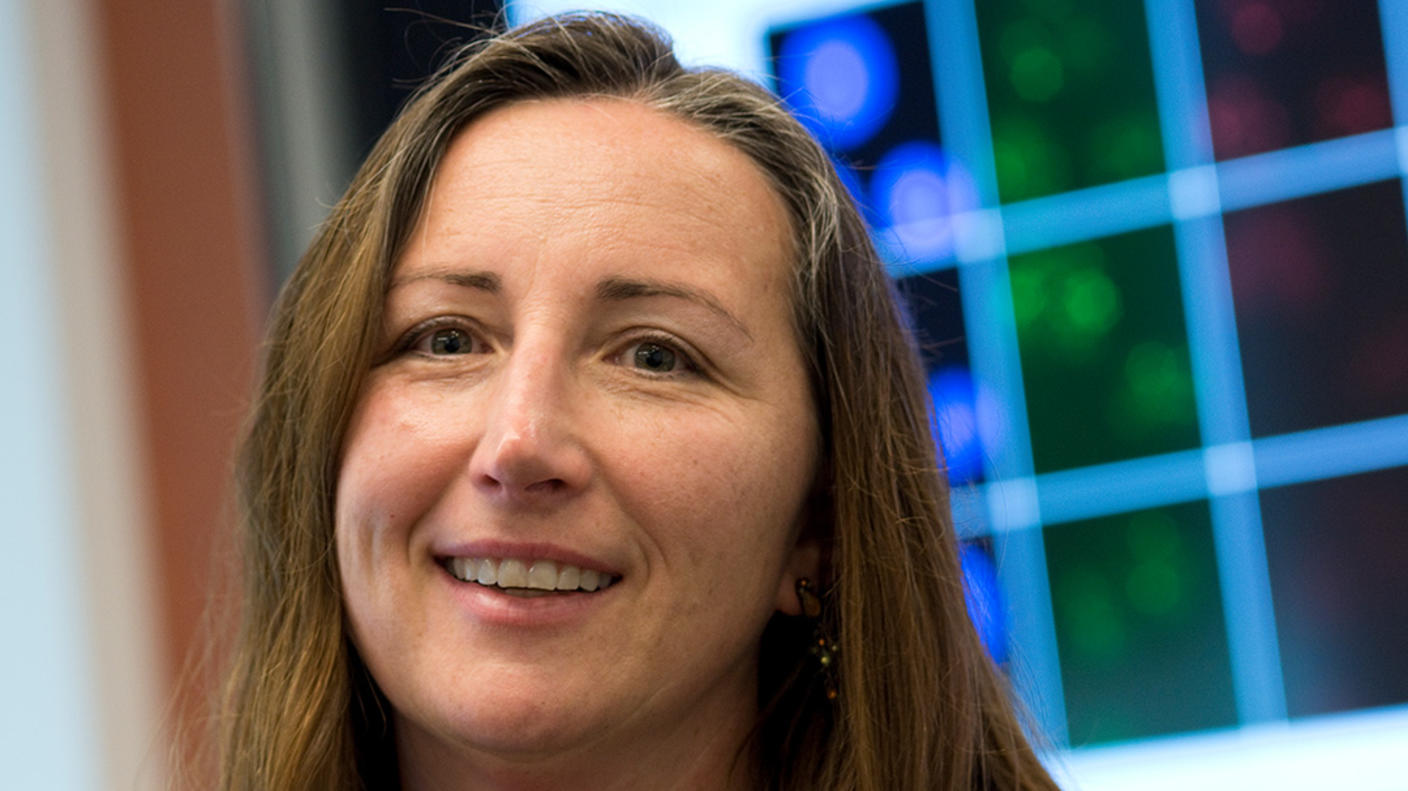 Sharon Savage
Sharon SavageData sharing could make a difference in research like Sharon’s, which focuses on what causes cancer.
-
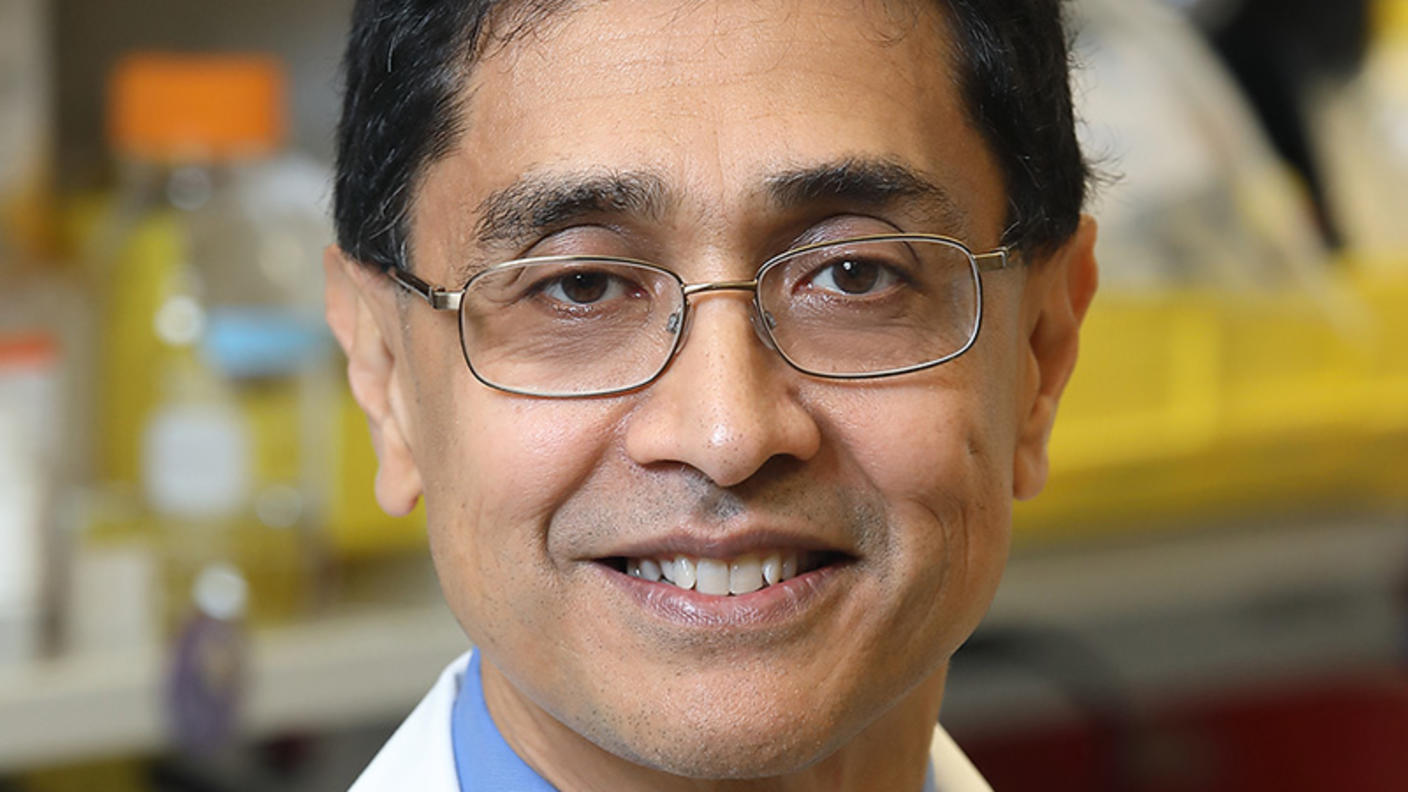 Javed Khan
Javed KhanIt’s time that data is in one place for everyone, says Javed, who’s seen just how much technology has evolved to support data collection.
-
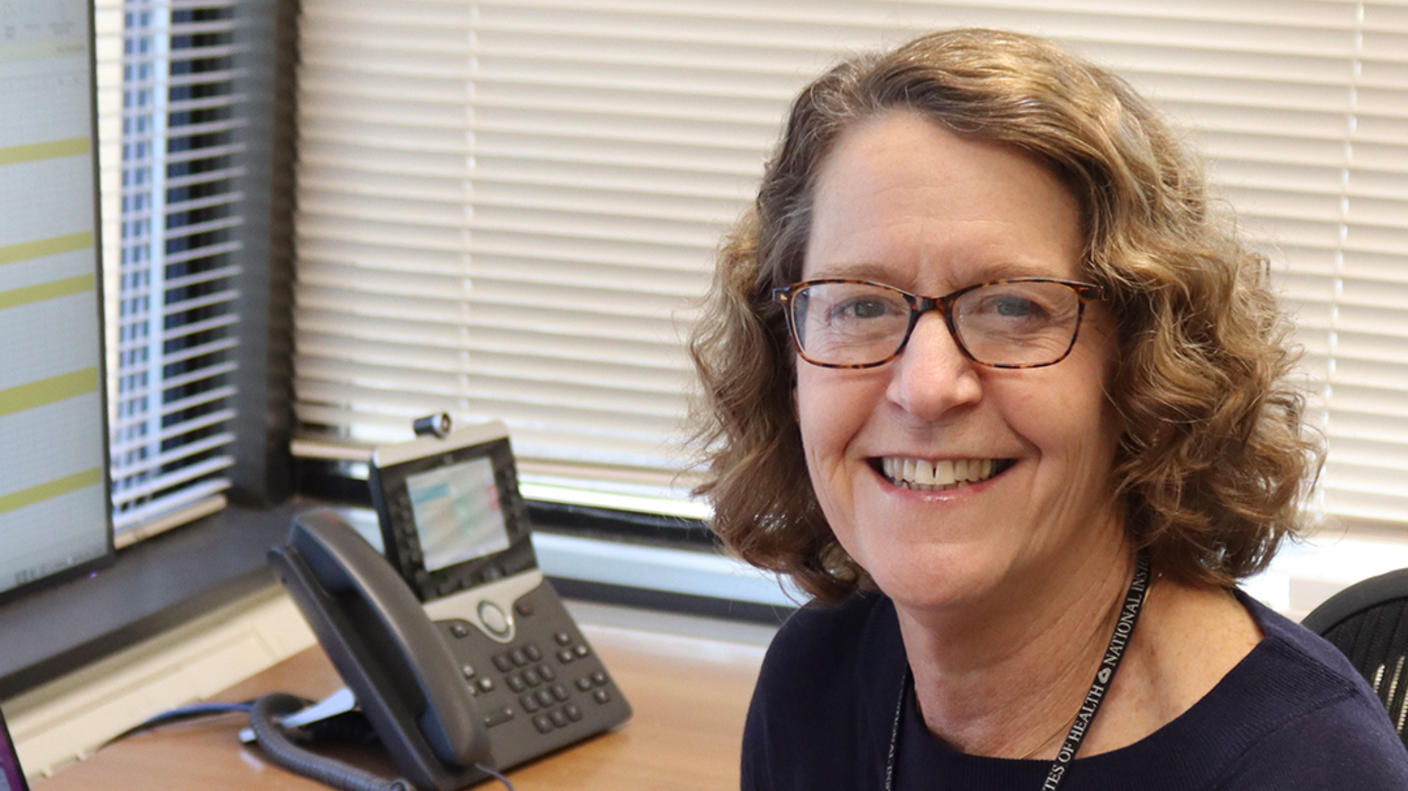 Pamela Wolters
Pamela WoltersBy taking a biological, psychological, and social approach to treating children with cancer, Pam is generating data that could improve childhood cancer care.
